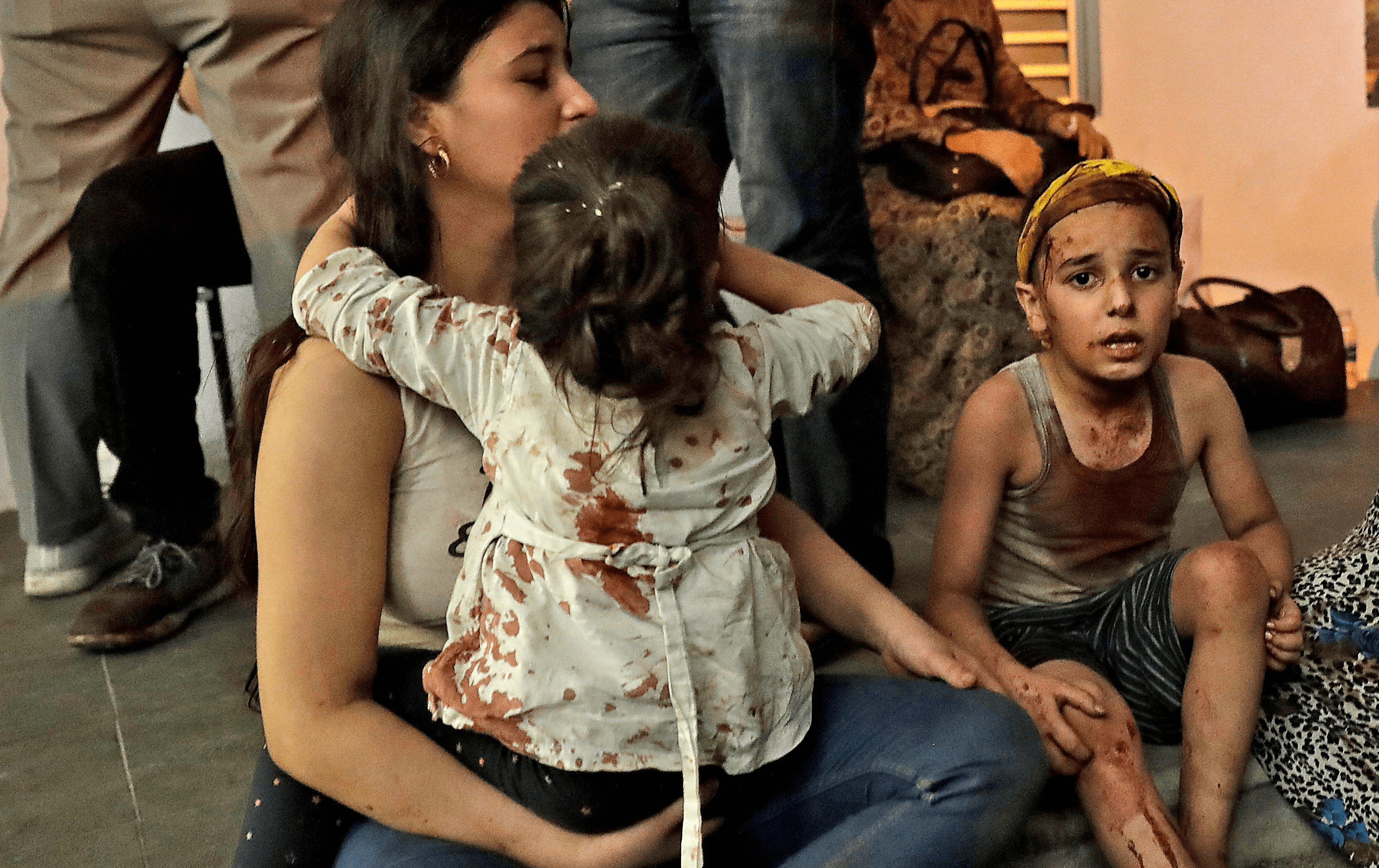Hot meals
A full month has passed since the explosion at Beirut port that killed 190 people, injured thousands and left 100,000 children without home. One month later, our employees still remember this moment exactly. An eyewitness account:
I was sitting on the edge of my bed with my laptop and, in mere seconds, I felt what I thought then was an earthquake. Not a second later, I was on the ground crawling my way to the door, away from the flying pieces of glass and debris. What followed were murky details in my mind, yet I remember the petrified looks on strangers’ faces.
From heart-racing to numbness to grief. That’s how the next day was spent, grieving the souls lost. Beirut was now a city covered in ashes. People’s lives and dreams shattered in a matter of moments.
A COUNTRY SHOOK TO THE CORE
Just as any nation, hope for a better tomorrow tends to lie on the shoulders of the coming generation. But in a country plagued not only with the unprecedented Covid-19 virus, the most serious economic crisis to date, political unrest and the collapse of the economy, and now what is considered one of the most powerful non-nuclear explosions in history, how will that be?
How can one remove those terrible moments from the young minds?
Baraa Shkeir works in the Media, Advocacy and Communications team with Save the Children in Beirut, Lebanon.
If we don`t who will?
My first visit to the blast site was filled with apprehension. I was worried I wouldn’t be able to do my job or hold back my emotions.
With emotions in check, I listened to children and adults recall that ill-fated moment. In a space reserved for children’s laughter and squealing, only few were heard. Parents fear for their precious ones’ mental and physical wellbeing, and the predominant fear for their future.
Many children have no access to education
Children in Lebanon are at risk. Whether it’s a pandemic, poverty, and now traumatising events, Lebanese children have witnessed a gruelling year and it’s yet to be over. The upcoming months are crucial as the academic year approaches. Yet hope rises with every child’s smile and laughter, with every determined mother and father raging against the dying of the light.
HELP CHILDREN IN NEED NOW
